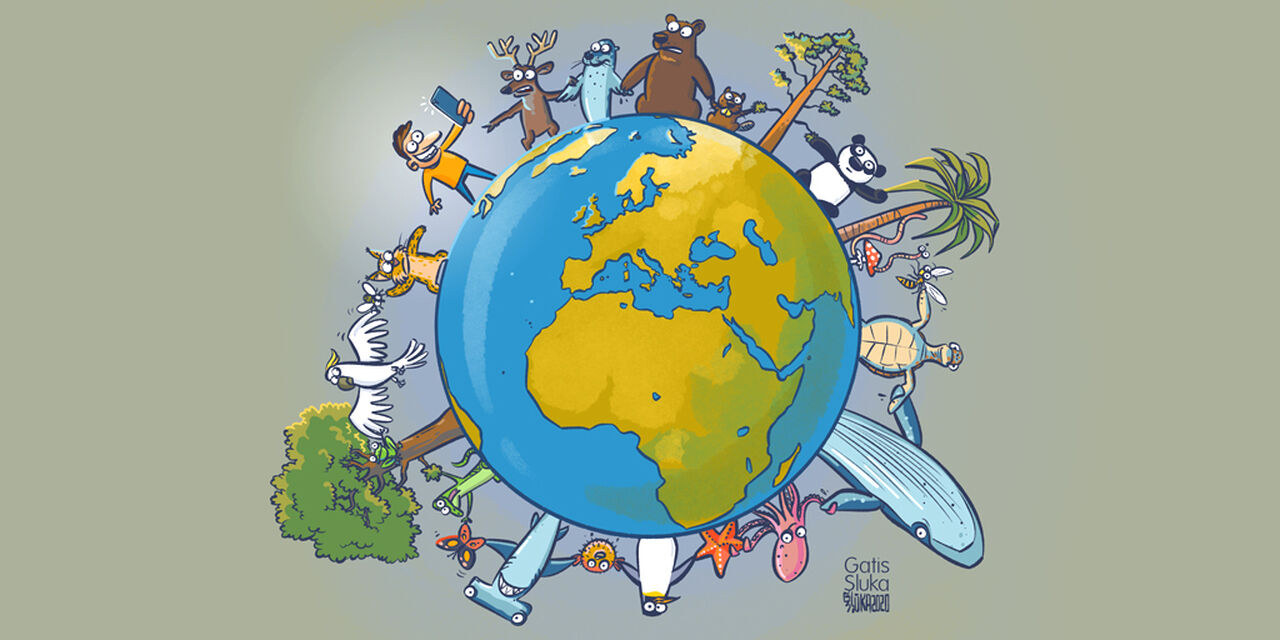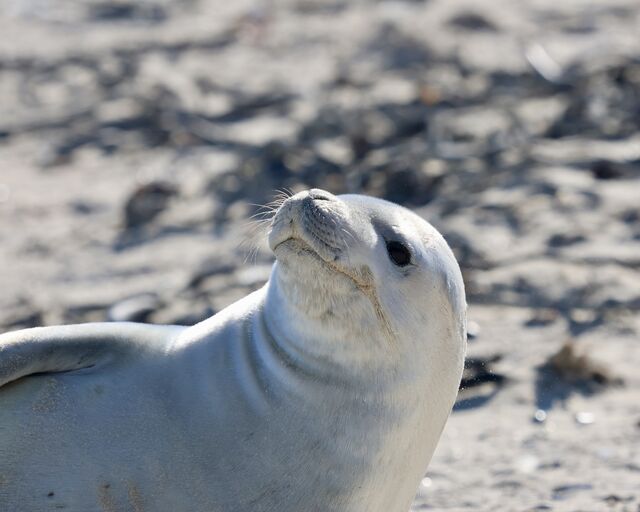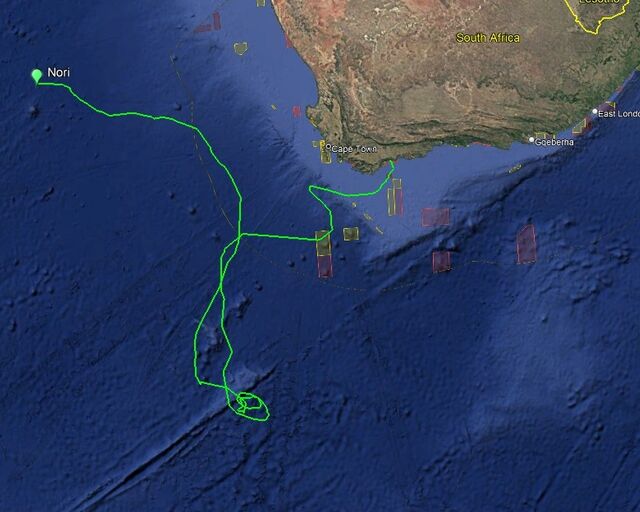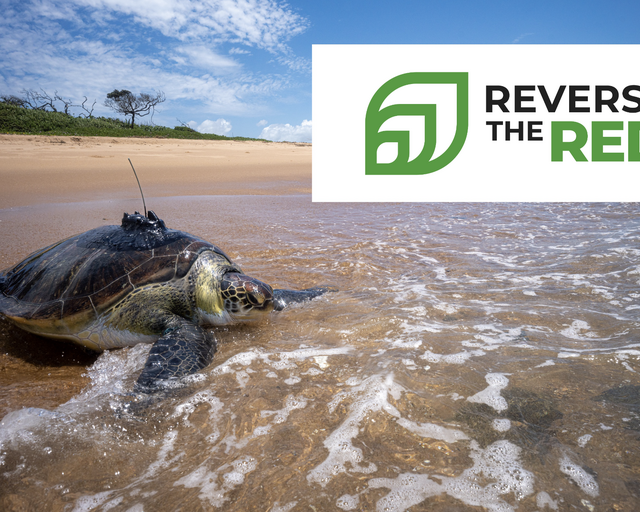The Two Oceans Aquarium is excited to announce that it has become the second African institution to the Global Coalition #UnitedforBiodiversity. As the first South African representatives of this coalition, we are proud to join the growing list of international organisations standing together to support the protection of global biodiversity!
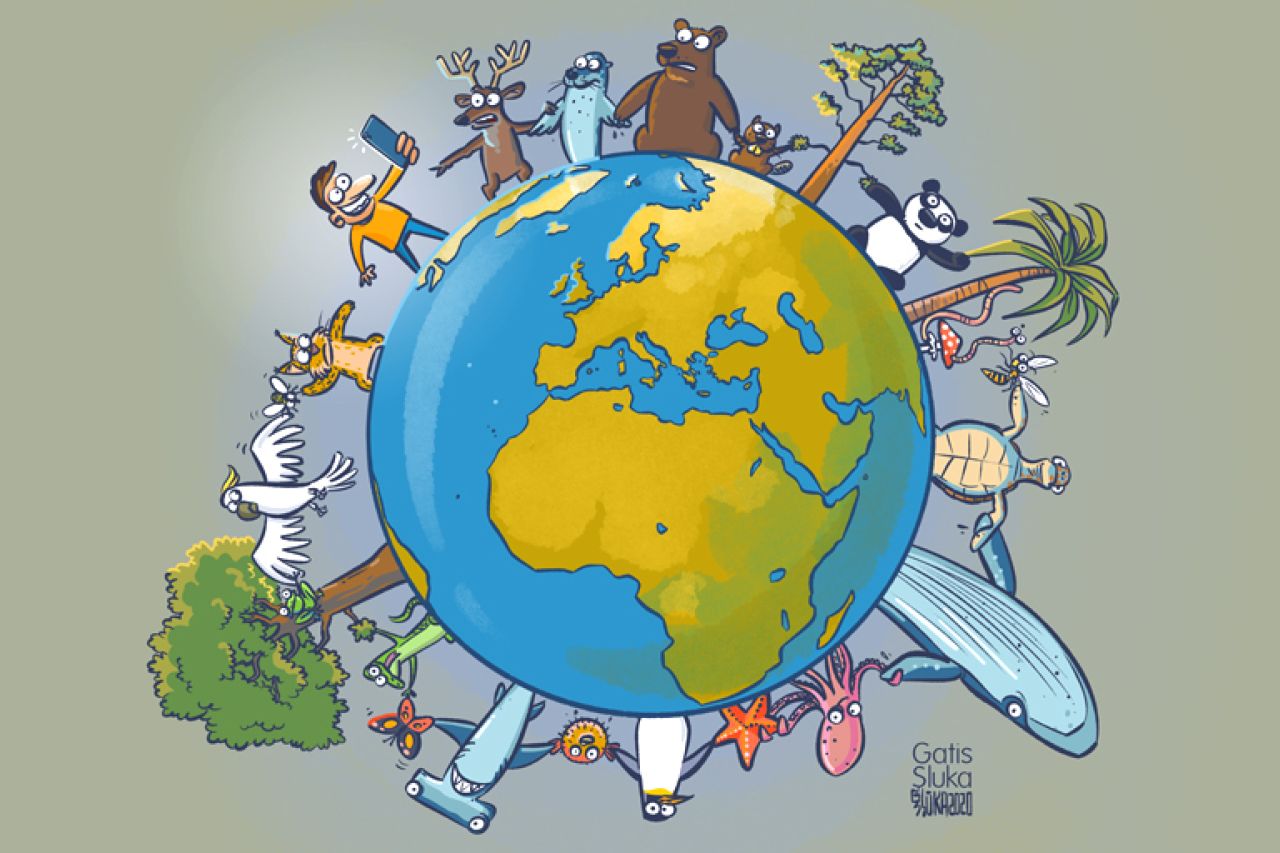
The Two Oceans Aquarium and its non-profit, public benefit partner, the Two Oceans Aquarium Foundation, have joined the European Commission’s Global Coalition “United for Biodiversity”, which is supported by the World Zoos and Aquarium Association (WAZA) of which the Aquarium is a member. These two organisations are among the first facilities of their kind in Africa to join this Coalition which comes at a critical time when biodiversity on land and underwater is under serious threat as a result of human activities. According to the United Nations IPBES Global Assessment Report on Biodiversity and Ecosystem Services, one million species, both terrestrial and aquatic, are now threatened with extinction. This includes 33% of reef-forming corals and more than a third of all marine mammals.
The European Commission’s Global Coalition “United for Biodiversity” was launched on World Wildlife Day 2020 ahead of the CoP 15 meeting of the Convention on Biological Diversity in 2021. The Coalition calls on all national parks, aquariums, botanical gardens, zoos, science and natural history museums, and research centres around the world to mobilise and raise awareness about the current crisis facing nature. They have been urged to do this through their exhibits, education programmes, conservation and research efforts, and sustainability initiatives. This awareness needs to translate into urgent action that enables reconnection with, and restoration and protection of nature.
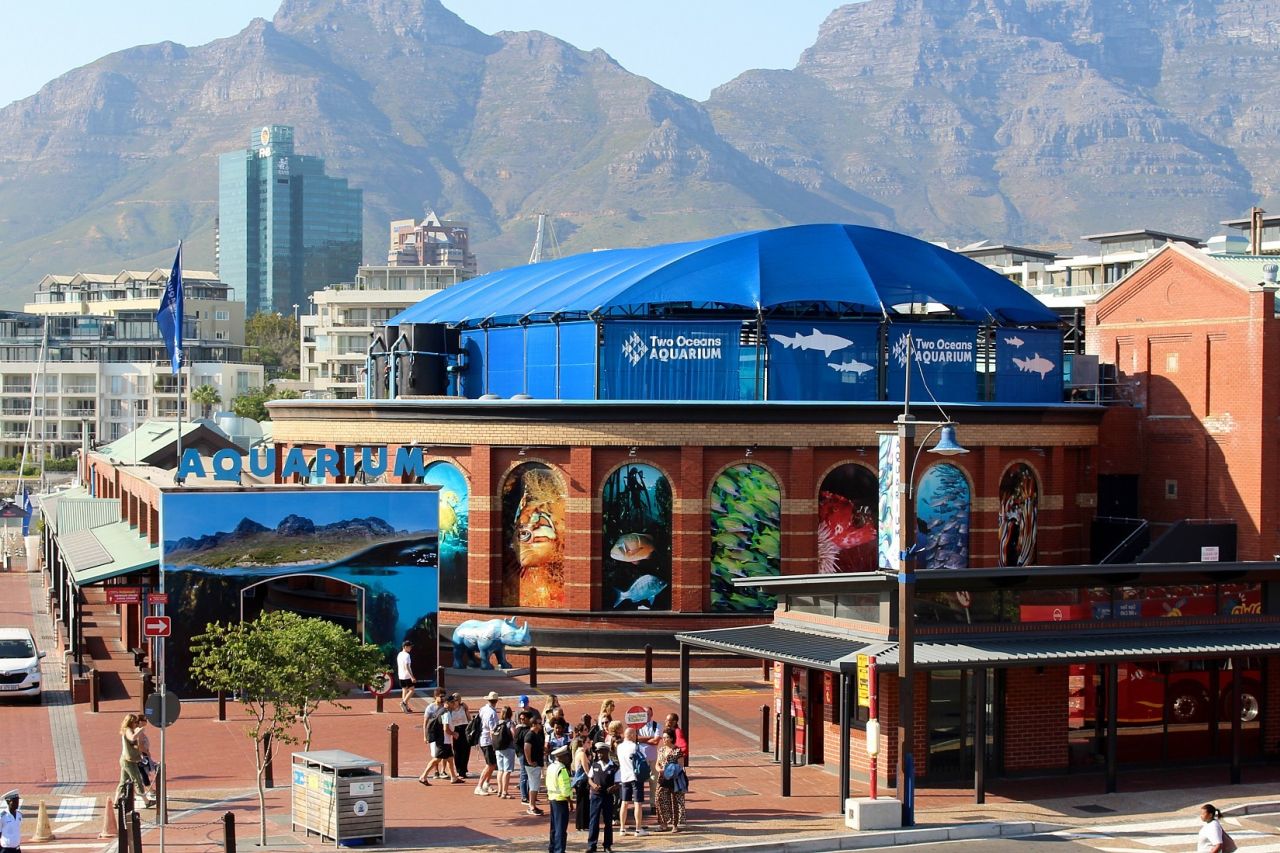
The Two Oceans Aquarium and the Two Oceans Aquarium Foundation urge South Africans from all walks of life to do what they can to protect biodiversity, adding our voices to the more than 100 institutions and organisations that have already joined this cause, from Mozambique's Gorongosa National Park (the first member from Africa) to the Bronx Zoo in New York, the Natural History Museum of Vienna and the EcoExploratorio Puerto Rico Science Museum. From an individual perspective, this means making changes in our everyday lives which are less damaging to nature, and from a business perspective, it means reducing the ecological footprint of one’s operations and implementing sustainability initiatives wherever possible.
The Two Oceans Aquarium is one of 200 aquariums which joined the World aquariums against plastic pollution, which was the first Coalition launched by the European Commission in 2017 and is now coordinated by UNEP. We also collaborate on campaigns with SASSI (Southern African Sustainable Seafood Initiative) and the MSC (Marine Stewardship Council).
Southern Africa – a biodiversity hotspot
Southern Africa is home to an incredibly rich diversity of both terrestrial and aquatic species, many of which are endemic to this region. South Africa is the third-most biological diverse country in the world. Even though it occupies less than 1% of the world’s terrestrial land area, South Africa is home to an astonishing array of organisms, including some 7% of the world’s plants, 4% of the world’s reptiles, 7% of the world’s birds, 5% of the world’s mammals, 2% of amphibians, 1% of freshwater fish, and about 16% of all known coastal marine species.
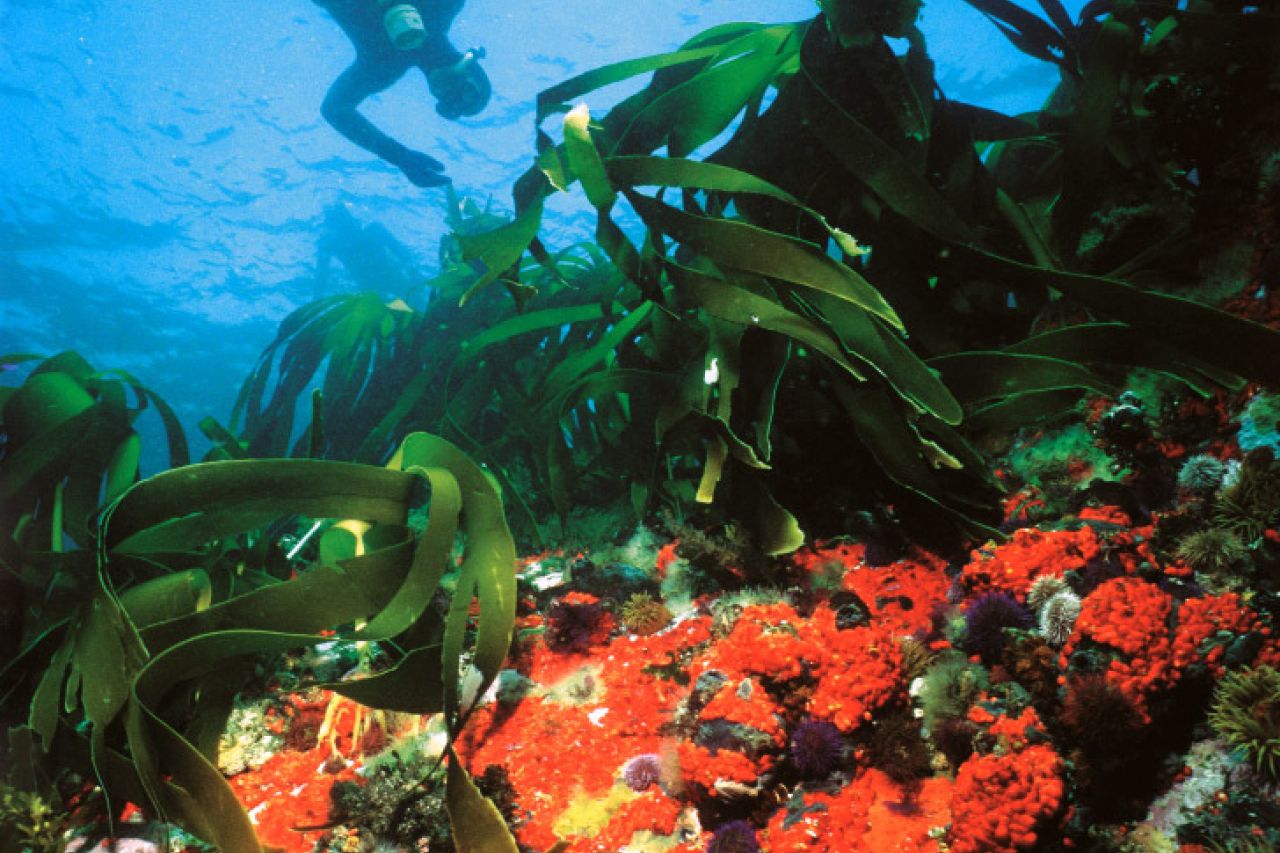
In terms of the marine environment, about 12 000 of the 27 000 to 30 000 known marine species in the world occur off the coast of Southern Africa. About a third of these species are endemic, making this one of the richest marine biodiversity regions in the world. We have almost 10% of the world’s coral species, 25% of all known cephalopod species (octopus, squid, cuttlefish), 16% of shark, skate and ray species and many of the approximately 800 known species of sea algae are endemic to the region.
Pre-pandemic, South Africa’s incredible biodiversity attracted millions of tourists from around the world which created jobs for thousands of people. The biodiversity tourism industry was estimated to be worth around R31 million annually, employing over 400,000 people.
Like other biodiversity hotpots, those in southern Africa will not escape the negative impacts of human activity. In 2019 a national biodiversity assessment report was released after four years of research and consultation. According to this report, 60% of our coastal ecosystems are threatened as a result of mining, overexploitation of species, a decrease in freshwater flow from rivers into the sea, and pollution. Linda Harris at the Nelson Mandela University states in the report that “Proportionately, the rate of habitat loss in the coastal zone is twice that for the rest of the country”.
The Two Oceans Aquarium - a biodiversity showcase
Biodiversity refers to the variety of species of plants, animals, fungi and even bacteria that coexist in different ecosystems, on land and underwater, across the planet. Biodiversity is the foundation of all life on this planet. It forms the building blocks of our very existence of this planet. Like a puzzle, every aspect of life and nature is intricately connected with every other part and forms part of the complex balance on which we depend for survival. Although we already know so much about the natural world, we are still discovering new species and arriving at understandings of the connections between different parts of the web of life.
Biodiversity is also crucial for the resilience of ecosystems. The more diversity within an ecosystem, the greater its capacity to withstand shocks and disturbances, and to adapt to change. In terms of the Sustainable Development Goals, Goal 14 (Life Below Water) and Goal 15 (Life on Land) are the foundations on which all the other goals rest. If we do not achieve these two goals, we will have no chance of achieving any of the other goals which are largely aimed at improving human lives and giving equal access to food, clean water and sanitation, good health and well-being, affordable and clean energy, education, and work.
All species, from bacteria to mammals, plants to insects, are pieces of the big puzzle of life. They are all connected and depend on each other. Yet one species, our species, is now responsible for the climate crisis and the nature crisis, causing massive biodiversity loss. By destroying Earth ecosystems, we humans are jeopardizing our food, our health, our economy and our own future. Virginijus Sinkevičius - EU Commissioner for the Environment, Oceans and Fisheries
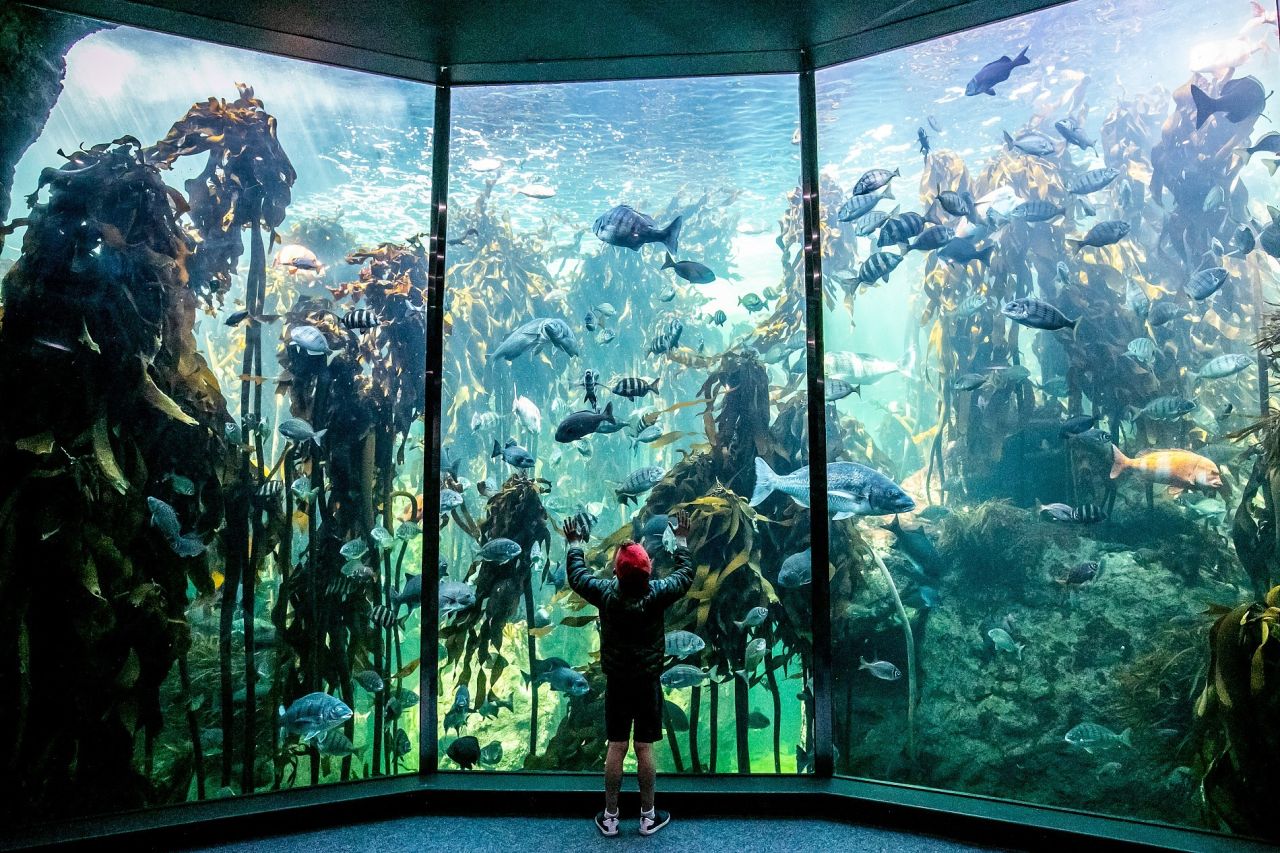
The Two Oceans Aquarium houses over 9 178 animals representing over 250 species. The majority of these animals are found only in the ocean surrounding Southern Africa, including some important fish species such as white mussel cracker (Sparodon durbanensis), carpenter (Argyrozona argyrozona), red steenbras (Petrus rupestris), Fransmadam (Boopsoidea inornata), red stumpnose (Chrysoblephus gibbiceps), dageraad (Chrysoblephus cristiceps), blue hottentot (Pachymetopon aeneum), and seventy-four seabream (Polysteganus undulosus). Of the approximately 100 species of sea bream, 41 species live in Southern African waters and of these 25 species are endemic to the area. Many of these species are important in the line fishery, but populations have collapsed due to overexploitation.
A number of endemic shark species can also be seen in the Aquarium including pyjama shark (Poroderma africanum), puffadder shyshark (Haploblepharus edwardsii), and leopard catshark (Poroderma pantherinum). Sharks play a vital role in maintaining the balance in marine ecosystems and indeed the food chain on which humans are reliant. Other endemic animals include the Knysna seahorse (Hippocampus capensis), African penguin (Spheniscus demersus), African black oystercatcher (Haematopus moquini), many species of invertebrates and sea plants.
Over the course of time humans have become increasingly disconnected from nature and have forgotten that, not only do we depend on nature for our survival, we are indeed part of nature and inter-exist with all life forms on the planet. This disconnect is as a result of various factors inter alia urbanisation; loss of indigenous knowledge and practices; consumerism and materialism; the language we use when referring to nature, putting it in abstract terms e.g., natural capital; and technology. We urgently need to restore our connection with nature and understand that every action we take has an impact on another form of life, or on the conditions which support other life - the Aquarium aims to be a player in rebuilding that connection.
What are we doing about the biodiversity crisis?
The Two Oceans Aquarium and its non-profit, public benefit partner the Two Oceans Aquarium Foundation both hold a mandate to inform and inspire people about the ocean and the life it supports (which includes life on land as the ocean is the planet’s life support system). Further, they aim to inspire new ways of thinking to enable an appreciation of the links between human behaviour and the wellbeing of the ocean, to provide practical actions to lighten our footprint, to play an active role in the conservation of key marine species, and to lead by example.
Both organisations strive to motivate people to take action on behalf of the ocean. The Two Oceans Aquarium connects people to the ocean through its myriad of displays which showcase the rich diversity of marine species in all their shapes, sizes and colours. The Aquarium aims to inspire awe and to awaken its visitors to this underwater world not only through the live displays, but also through presentations, experiences, interactive exhibits e.g., the marine protected areas exhibit, in blogs and social media, and via other media platforms. The Aquarium Foundation educates and nurtures future conservation-minded leaders through world-renowned courses both online and onsite and through its educational outreach programmes. Its scientifically and socially sound conservation and research programmes and campaigns contribute to inspiring the youth to protect our oceans.
Conservation and animal welfare projects include the rescue, rehabilitation, tagging and release of endangered sea turtles; seal disentanglement and rescue programme; sunfish rescue and DNA sampling; and shark research. We work closely with the Southern African Foundation for the Conservation of Coastal Birds (SANCCOB) in their efforts to rescue, rehabilitate and release endangered African penguins and other sea birds. The Aquarium Foundation coordinates the Marine Wildlife Monitoring Programme on behalf of the V&A Waterfront and monitors wildlife in and around the Waterfront and Table Bay harbour.
In terms of education and awareness-raising, the current key focus areas for awareness are plastic pollution and overfishing. Not only is information about these issues included in our exhibits and public presentations, but we also partner with the Beach Coop, Ocean Pledge and Captain Fanplastic among others to organise beach cleanups and raise awareness about the impacts of plastic pollution on marine life. We collaborate on campaigns with SASSI (Southern African Sustainable Seafood Initiative) and the MSC (Marine Stewardship Council).
Since 2007 the Two Oceans Aquarium has monitored the impact of its operations on the environment and has implemented a wide range of sustainability initiatives to reduce consumption, emissions and the production of waste. In 2019 the Aquarium won the Gold award in the “Best Responsible Attraction” category of the 2019 African Responsible Tourism Awards at WTM and also collected a Silver award in the "Best for Global Goals Reporting" category.
But most importantly, we want our voice to inspire YOU to take up the call to Unite for Biodiversity.
Learn more about the Coalition, the importance of biodiversity and the CoP15 on social media by following the hashtags #UnitedforBiodiversity #CoP15 #ForNature
We are stronger together - we call on all our partner institutions in South Africa and beyond to speak up for nature by endorsing the Coalition common pledge and joining the movement here.
